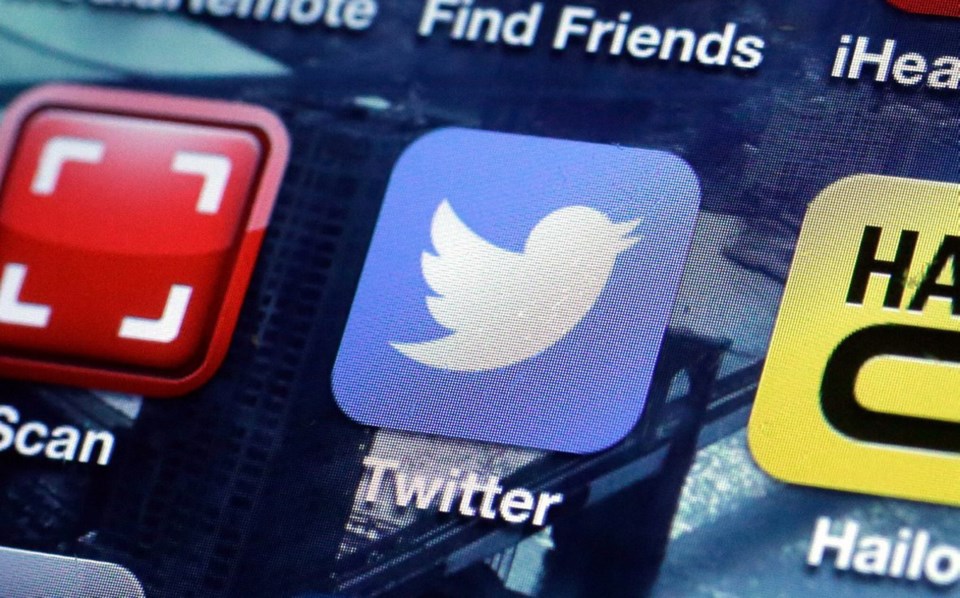I was recently chatting with a friend about what I would have posted during my teens, and every example I gave, I wouldn’t want printed in the newspaper next to my name and photo. I was a pretty good kid and didn’t get myself in too much trouble, but I don’t want to be haunted by mistakes I made in my teens that I thought were really cool at the time.
I have a reputation to uphold and I’m working hard to establish my career. Luckily for me, I don’t have to worry about social-media posts from my teens, because social media weren’t invented then.
Teens today have their families shaking their heads at what they are posting when it comes to inappropriate photos. Photos of parties with drinking and drugs are posted to social media without a care in the world. Some teens block their families from the photos and posts, and others just keep posting.
Either way, anyone who grew up without social media is concerned about how these careless posts from someone’s youth will affect them as they move into adulthood.
I know many employers check social-media accounts of potential employees. Even if a post isn’t public, there’s always a chance it can still be found.
I am not sure how these posts will affect the teens of today in 10 or 20 years. I wonder if things will have to be more relaxed, because this generation has been documenting everything for as long as they can remember.
It wasn’t that long ago that people with tattoos were questioned on how they might be able to find employment. Today, employers and society in general far more accepting of tattoos than they were a few decades ago.
I think inappropriate social-media posts from youths — and I am not including hateful or harmful posts in this statement — will become more acceptable, or at least tolerated.
As I said earlier, I know exactly what I would have been posting if Facebook had been around when I was in high school, and I don’t want to share it in my column. Most people have done things in their teenage years they aren’t proud of, so let’s not judge the teens of today for their inappropriate posts. If social media has been around when we were teens, we’d probably have made similar posts.
As people enter adulthood, they mature and see things differently. People in their teens now will eventually grow into mature adults. Careless posts from their teen years shouldn’t haunt them for the duration of their careers.
Posts that are violent, abusive or endorse bullying are never OK, no matter how young someone is. I think those are the posts that will come back to haunt people.
I started writing this column before Roseanne Barr’s tweet lit up Twitter and spread across all social-media channels. With ABC cancelling the new Roseanne reboot due to the racist tweet, it is sending a message that it’s not OK and will not be tolerated.
I agree with the network’s actions. Free speech and exposure are more accessible than they have ever been. People need to learn there are consequences — just because we can post anything doesn’t mean we should. Comments like Barr’s shouldn’t be spoken in a closed room, let alone posted on a public platform.
The news of the tweet and the show’s cancellation spread across the internet like wildfire, and adults and teens have all been following the story. I hope they are learning from yet another cautionary tale of the repercussions of harmful or hateful social-media posts.
There is no excuse for misusing social media in the way Barr did. It doesn’t matter if it came from an adult or a teen — it will always be unacceptable.
Charla Huber works in communications and Indigenous relations for M’akola Group of Societies.



